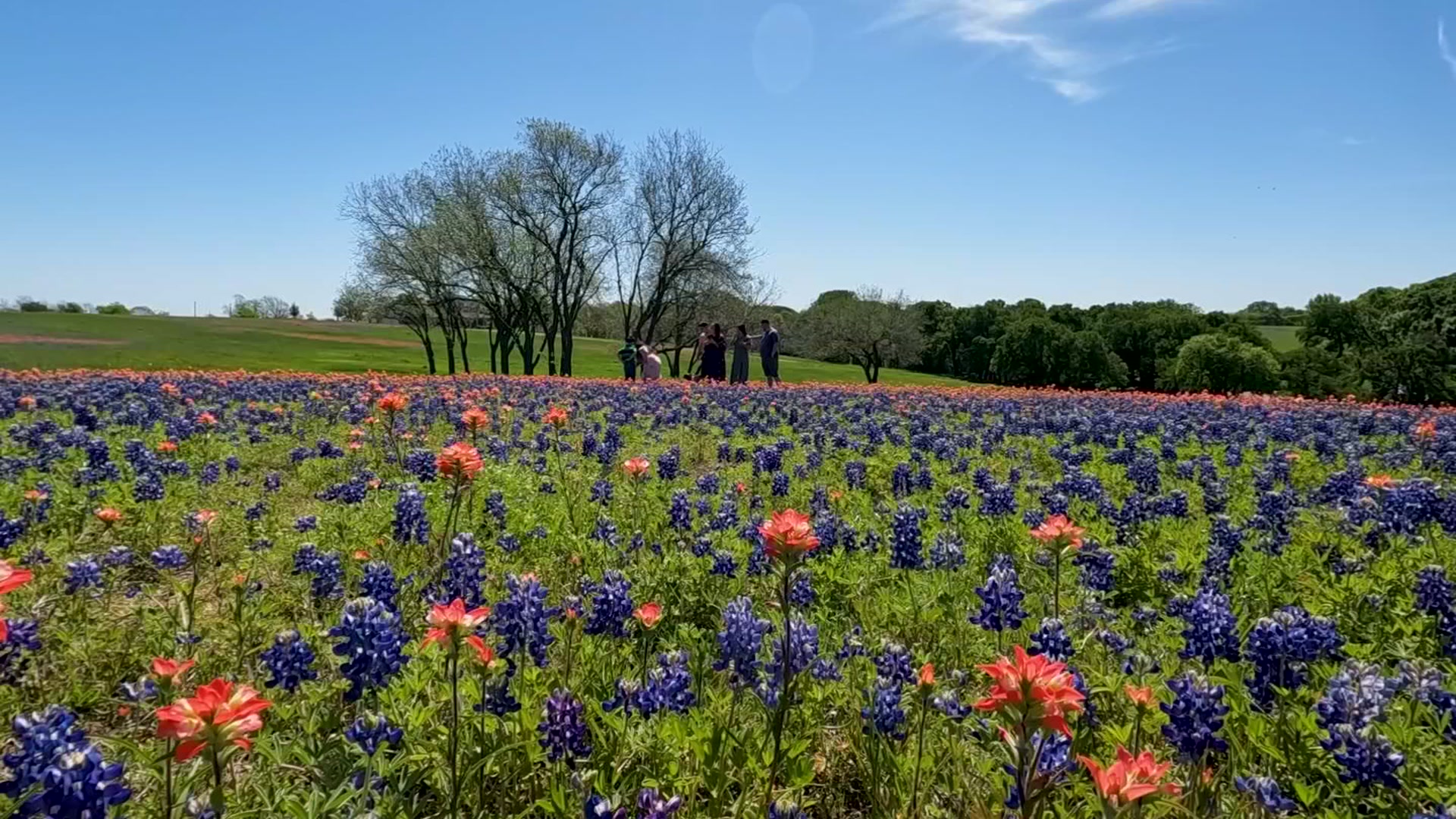Attorneys for former Army recruiter Cleve Foster went to the U.S. Supreme Court on Monday for a fourth time to try to keep him from execution this week for participating in the slaying of a Fort Worth woman a decade ago.
"I didn't get three stays for nothing," Foster, 48, said recently from death row. "There's something there."
Foster was set to die Tuesday evening for the fatal shooting of 30-year-old Nyaneur Pal, whose body was found by pipeline workers on Valentine's Day 2002 in a Tarrant County ditch.
In January, April and September 2011, the Supreme Court halted his scheduled punishment -- once within moments of the time he could be taken to the Texas death chamber. The delays gave courts an opportunity to take another look at Foster's arguments that he's innocent and had deficient legal help at his 2004 trial in Fort Worth in 2004 and early in his appeals process.
"The prior stays have been surprising, but I think they just want to make sure everything is covered," said Steve Conder, chief of the appellate division in the Tarrant County District Attorney's office.
With lower courts now refusing to stop the lethal injection, which would be the ninth this year in Texas, Foster's attorneys returned to the high court.
"The state's case against him ... was circumstantial and threadbare," Maury Levin, a University of Texas law professor, told the justices. "It was only because of trial counsel's ineffectiveness that he was convicted and sentenced to death on such sparse evidence."
Local
The latest news from around North Texas.
She also contended earlier appellate lawyers were deficient for "failing to perform the investigation necessary to adequately assert his powerful claim of innocence, or raise the trial ineffectiveness claims."
Levin said the Supreme Court needed to stop the punishment in light of a ruling it made earlier this year in an Arizona case that allowed such a review. But lower federal courts have said the Arizona case doesn't apply to all states, Texas among them, because laws in those states already had remedied the problem raised in Arizona.
Courts also have found "plentiful evidence of Foster's guilt," Stephen Hoffman, an assistant Texas attorney general, pointed out in a court filing. "The case against Foster may be `circumstantial,' but it was hardly `threadbare."'
Foster and a companion, Sheldon Ward, both were sentenced to die for killing Pal, who came to the U.S. from Sudan and was known as Mary Pal. She was seen talking with Foster and Ward at a Fort Worth bar. Her body was found hours later in a ditch off a Tarrant County road. She'd been shot once in the head.
A gun in the motel room where Foster and Ward lived was identified as the murder weapon.
It also was the gun used two months earlier to kill 22-year-old Rachel Urnosky at her Fort Worth apartment. Foster and Ward were implicated but never tried in her slaying.
Foster blamed Pal's death on Ward, one of his Army recruits. Ward died in 2010 of cancer while on death row. Prosecutors said evidence showed Foster actively participated in Pal's killing, that he offered no credible explanations, lied and gave contradictory stories about his sexual activities with her.
The two were convicted separately, Ward as the triggerman and Foster under Texas' law of parties which makes participants equally culpable. Pal's blood and tissue were found on the weapon and DNA evidence showed both men had sex with her. Foster said he was passed out from sleeping pills, woke up to find Pal having sex with him and was asleep at the time Pal would have been murdered.
"I was not there," he said from death row. "That's what I've been screaming for years."
Appeals lawyers disputed testimony indicating Pal wasn't shot where she was found, that Ward alone couldn't have carried her body to where she was dumped, and that since he and Foster were nearly inseparable and DNA showed both had sex with her, it was clear Foster helped with the body disposal.
In the Urnosky case, Foster told police he and Ward were at her apartment in December 2001, but they left after she refused to have sex with them. She was found in her bed, fatally shot, after failing to show up for work.
Foster grew up in Henderson, Ky., spent nearly two decades in the Army and reached the rank of sergeant first class. Records showed court martial proceedings were started against him after allegations he gave alcohol to underage students as a recruiter in Fort Worth and had sex with an underage potential recruit. He was denied re-enlistment in the Army and had been a civilian only a short time when the slayings occurred.



